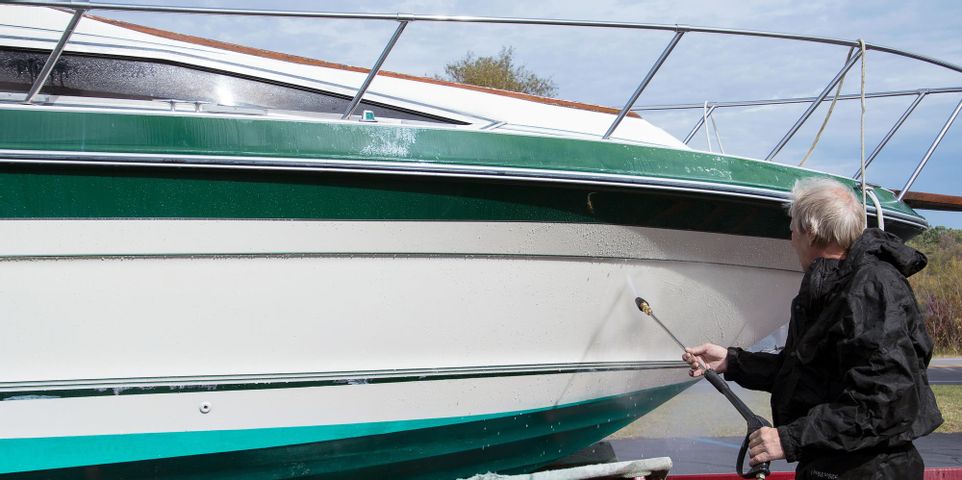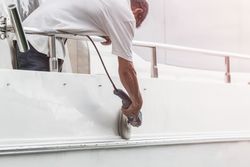3 Tips to Prepare Your Boat for Winter Storage

When the final day on the water comes to an end, you’ll need to ensure your boat is fully fit to take you out next year by prepping it for storage. Neglect can seriously cost you, especially as your boat insurance won’t cover any problems that arise because of it. Avoid this by using the following tips to prepare your boat for its hibernation.
How to Properly Store Your Boat for the Winter
1. Inspect the Engine & Hull
Before storing your boat, run it one final time to listen and visually inspect for any engine problems. When the boat has been removed from the water, you’ll also want to check the hull for signs of damage.
Leaving hull cracks and notable engine troubles alone throughout the winter allows the elements plenty of time to do more damage. While your insurance might cover a blown engine due to a defect or an accident, it won’t reimburse you for failure because of inadequate maintenance.
2. Drain All Water
 While a boat is made to deal with water, moisture can wreak havoc if it’s not properly removed and prevented from accumulating before your boat is put in storage. After removing the craft from the water, fully drain the head, pipes and valves, and the bilge.
While a boat is made to deal with water, moisture can wreak havoc if it’s not properly removed and prevented from accumulating before your boat is put in storage. After removing the craft from the water, fully drain the head, pipes and valves, and the bilge.
Afterward, spray a moisture-displacing lubricant in the bilge to drive away any remaining moisture. Also, add antifreeze to this lower area of the boat and the water tanks to prevent potential freezing.
Winterize the engine—change the oil, replace oil and fuel filters, flush and refill the coolant system, and stabilize the fuel—before draining the engine water intake. Check the engine manual for all seacock locations to ensure they are removed and water can drain freely. Leaving any water in the engine can result in cracked parts.
3. Clean & Lubricate
While the days still offer some warmth, scrub your boat down with soap and water. Remove plants, barnacles, dirt, and any other debris from the hull.
Remove all food, clothing, and equipment. Once the exterior is fully dry, add a coat of wax to the hull and superstructure.
Afterward, grease the steering wheel and all control mechanisms. Lubricating these and other moving metal parts, such as hinges, latches, linkages, and the propeller, will prevent rust and corrosion from forming.
Another way to protect your vessel is to make sure it’s properly insured. The insurance agents at K.L. Smith Agency LLC have over 80 years of combined experience helping customers in Greater Willimantic and Eastern Connecticut get the best coverage for their needs. They provide individual and commercial auto insurance options with a range of policy choices, including boat, comprehensive, travel, and motorcycle insurance. Call (860) 423-9294 for a quote, or visit their website to learn more about coverage options.
About the Business
Have a question? Ask the experts!
Send your question

